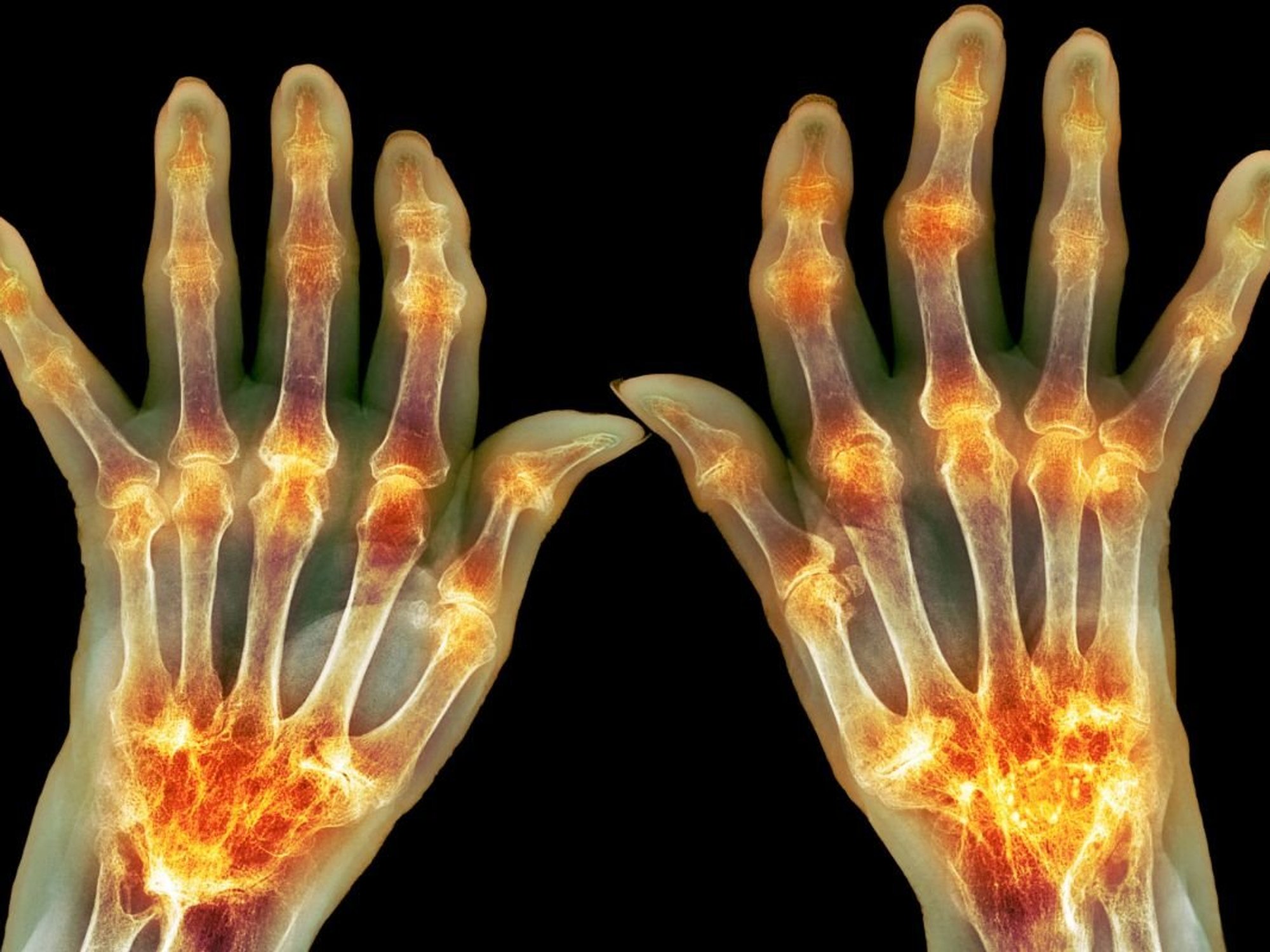Archaeology breakthrough as mysterious ancient cross uncovered may rewrite Christian history
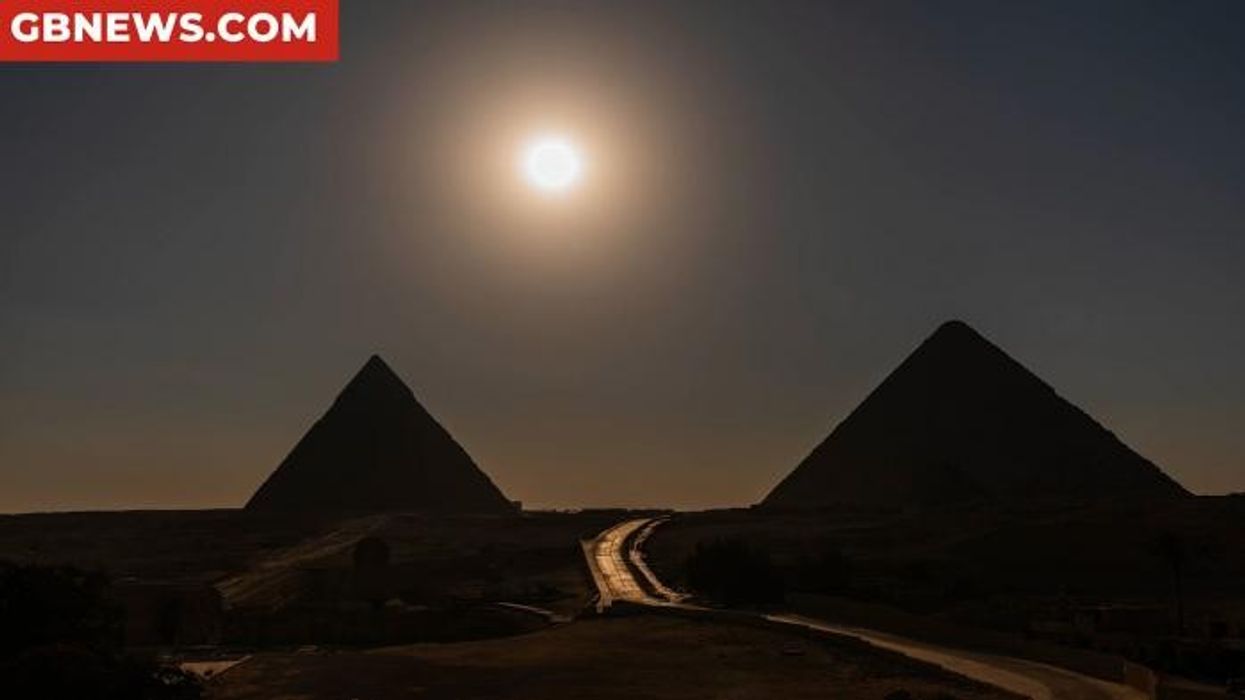
WATCH: Mind-Blowing Archaeological Discoveries That Bring History Back to Life
|GB NEWS
The discovery could challenge ideas surrounding the prevalence of Christianity in the Arabian peninsula at the time
Don't Miss
Most Read
Archaeologists have uncovered a 1,400 year old ancient cross that may reshape the way historians view the spread of Christianity.
The ancient artifact was uncovered by archaeologists working at Sir Bani Yas Island in Abu Dhabi and features a stepped pyramid portraying Golgotha and leaves growing from the bottom.
Golgotha was a site outside Roman Jerusalem's walls where, according to Christianity's four canonical gospels, the crucifixion took place.
**ARE YOU READING THIS ON OUR APP? DOWNLOAD NOW FOR THE BEST GB NEWS EXPERIENCE**
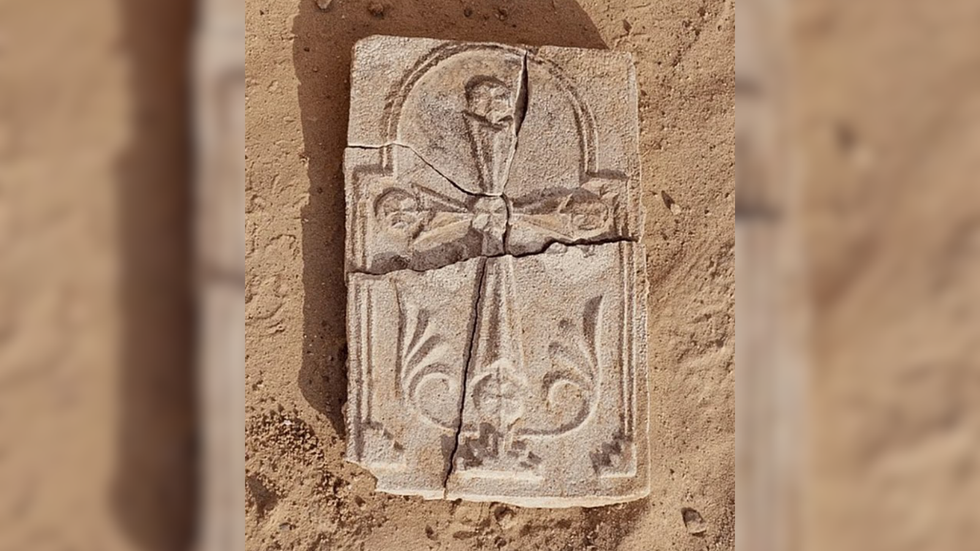
The ancient artifact was uncovered by archaeologists working at Sir Bani Yas Island in Abu Dhabi
|UAE DEPARTMENT OF CULTURE AND TOURISM
Christianity during this era is often linked to the Levant, Mesopotamia and sections of Europe, making this uncovering of evidence of a Christian community in the Arabian Gulf significant and unanticipated.
During this time period, Islam was spreading rapidly across the Arabian peninsula, with Christianity believed to be fading in the region.
However, the discovery of this intriguing artifact heavily challenges that narrative.
The site's lead archaeologist, Maria Gajewska, said: "Every element of the cross incorporates regional motifs.
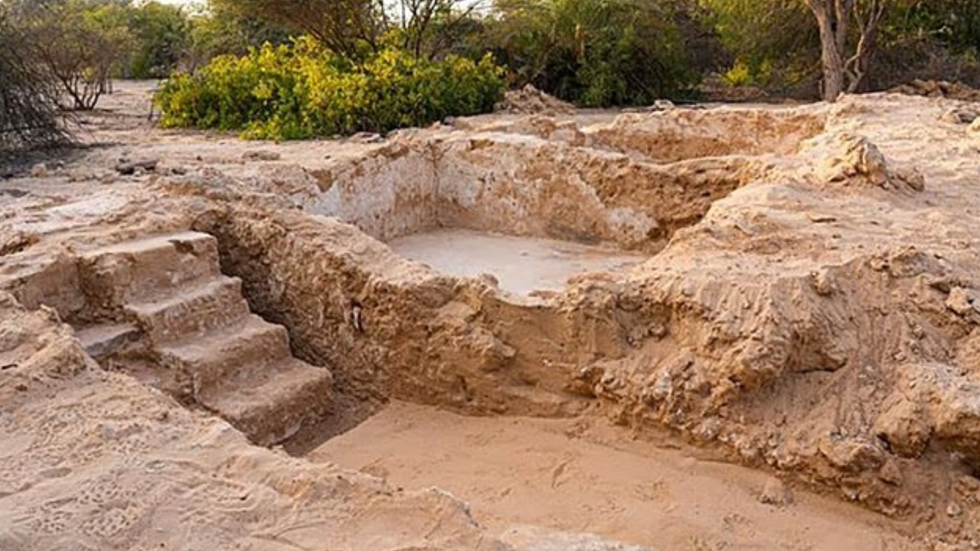
Maria Gajewska said that 'it tells us that Christianity in this region was not only present but flourished, adapting visually to its local context'
|ABU DHABI DEPARTMENT OF CULTURE AND TOURISM
"It tells us that Christianity in this region was not only present but flourished, adapting visually to its local context.
"We had settlements of Christians that were not just existing but were clearly thriving."
Excavations of the site also revealed pottery, glass objects and a small bottle thought to have contained rosewater or oil.
Archaeologists believe that the ancient cross plaque may have been placed on a wall with worshippers kneeling in prayer before it.
ARCHAEOLOGY BREAKTHROUGHS - READ LATEST:
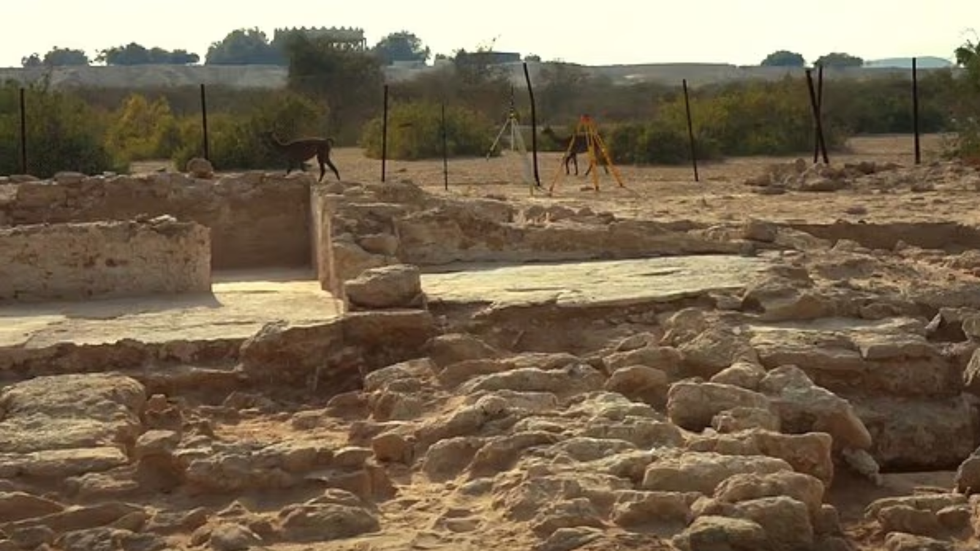
Archaeologists believe that the ancient cross plaque may have been placed on a wall with worshipers kneeling in prayer before it
|ABU DHABI DEPARTMENT OF CULTURE AND TOURISM
Chairman of the Abu Dhabi Department of Culture and Tourism, Mohamed Khalifa Al Mubarak, labelled the discovery as "a powerful testament to the UAE's profound and enduring values of coexistence and cultural openness".
Al Mubarak said: "These discoveries deepen our connection to the past and inspire future generations to embrace the spirit of unity and mutual respect that has long defined our community."
Archaeologist at the Department of Culture and Tourism, Hager Al Menhali, told The National: "The plaster was resting face down and something about it caught my attention."
She also noted that there was a "distinct fingerprint on the back", suggesting that it was left there by whoever created the plaque.
Evidence of a church and monestry on Sir Bani Yas was first discovered in the early 1990s.
Similar sites have been located across the Arabian peninsula in countries such as Saudi Arabia and Kuwait.
However, it is still a mystery to archaeologists as to what lead to the decline of Sir Bani Yas' Christian settlement.
Archaeologists have noted the cleanliness and a lack of rubble at the site, suggesting that residents may have intentionally left rather than being forced out through conflict.








